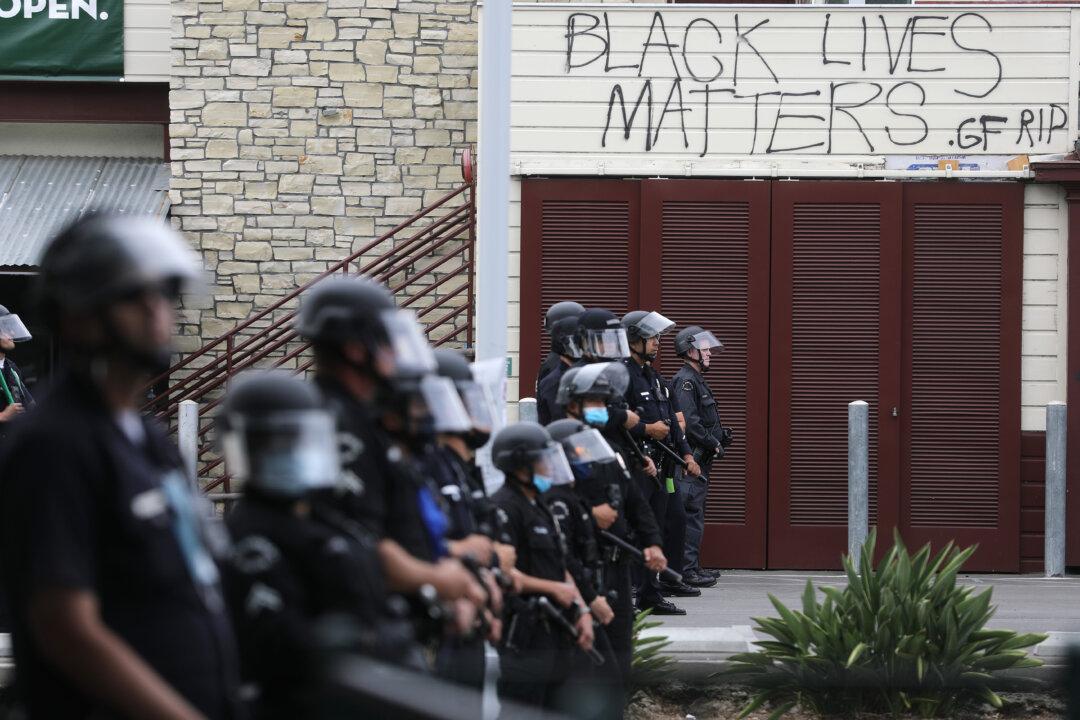In a setback for Black Lives Matter of Los Angeles and individual protesters, a federal appeals court has vacated class certification in a lawsuit alleging excessive force by the Los Angeles police during the George Floyd protests in 2020.
A three-judge panel of the U.S. Court of Appeals for the Ninth Circuit issued a ruling and opinion on Sept. 6 that found fault with how a lower court handled the requirements for establishing damages classes, which are central to class action lawsuits. The appeals court vacated the class certification and sent the case back to the district court for further review, creating an obstacle for the plaintiffs by requiring them to meet higher legal standards for class certification, adding to the complexity, time, and cost of the litigation, while diminishing their overall leverage.





